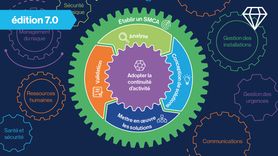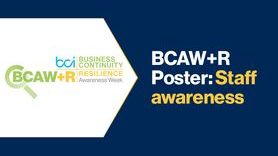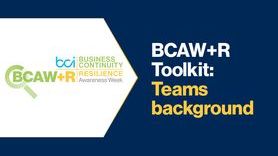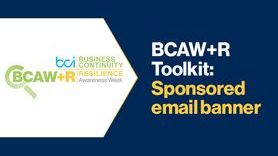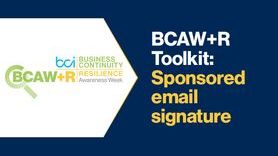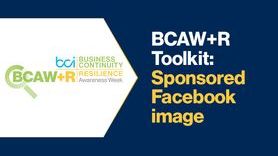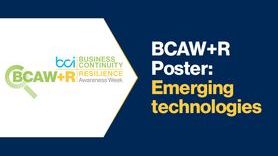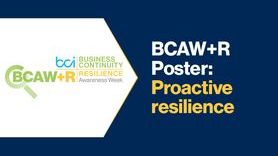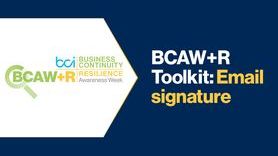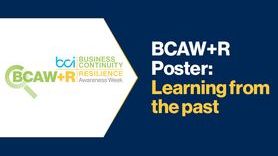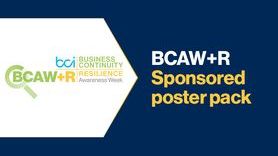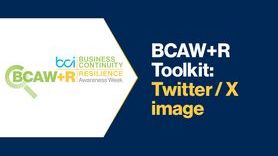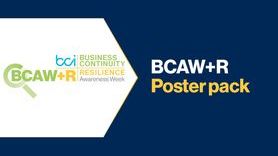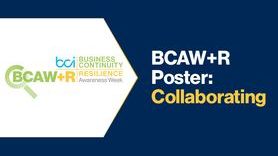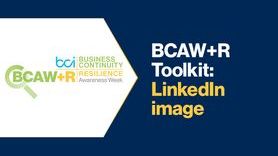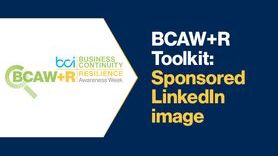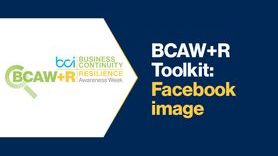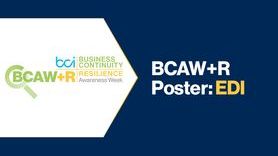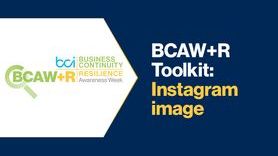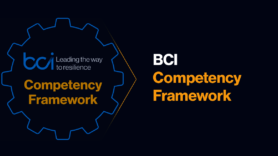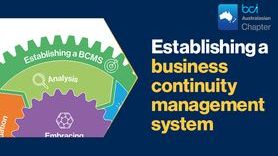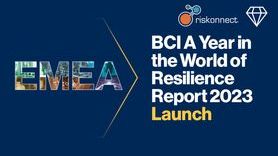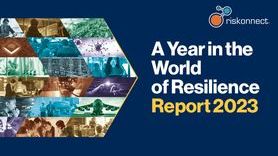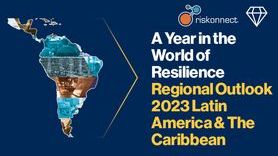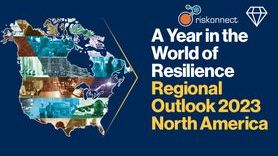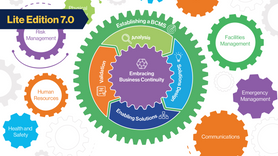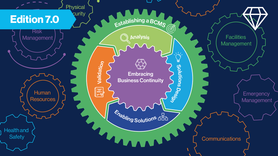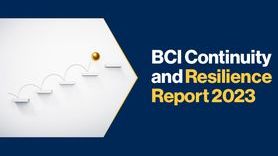Has the time come for consolidation in the professional body sector?

There are currently 285 professional bodies operating in the United Kingdom alone (according to Wikipedia) covering all sorts of professions. Browsing the list reveals some bodies dedicated to quite specific professions such as architectural technologists, proposal management professionals and nail technicians. There are numerous reports of professional bodies suffering from declining membership levels in the last few years and a frequent topic of debate is whether professional bodies can remain relevant in the 21st century.
In considering this question I think it is worth comparing the professional body sector with the trade union sector. 1979 was the height of trade union membership in the UK with 13.2 million people being members. Since then numbers have declined down to just 6.2 million people in 2016. At the 1988 conference of the General Municipal and Boilermakers Union, General Secretary John Edmonds predicted that ‘by the year 2000 just 4 ‘super unions’ would dominate UK unionism’. Today 3.7 million (60%) UK union members are from just 4 unions so this prophecy arguably was correct although 132 unions are actually still in existence.
This consolidation has been interpreted as a defensive reaction to external pressures on union membership but I think there is another factor that is very relevant to the professional body sector.
In the early days of both unions and professional bodies they were established around a particular industry, skill or technique that had unique characteristics. In the 21st century the most important skills required are much less unique. In 2016 the World Economic Forum published ‘The Future of Jobs’ report that forecast what the top 10 skills in 2020 would be. What’s notable is that all 10 of the skills are ‘soft’ and not linked to a particular industry or profession. Skills such as problem solving, critical thinking, creativity, people management and emotional intelligence all feature heavily and this is where there is an opportunity for professional bodies.
As globalisation and automation impact upon the type of jobs that are available the skills sought by people in the job market are likely to be much more homogenised. Looking at membership requirements and bodies of knowledge for various professional bodies reveals a great deal of duplication, usually around these soft skills. Regardless of whether you are an engineer, medical professional, lawyer, IT professional or a project manager, professional skills such as critical thinking will look pretty much the same.
A consolidation of the professional body sector could revitalise many organisations and provide benefits to members. Benefits include
- Cost savings for professional bodies from shared services such as HR, IT and finance
- Greater influence for professional bodies as a result of higher membership numbers
- Ability for professional bodies to leverage greater resources to invest in professional development
- Ability to offer modular professional certifications that build on core soft competences
Some of this consolidation is happening as can be seen with the Chartered Institute of Transport & Logistics mergers with the Railway Study Association and the Institute of Operations Management but there is a long way to go and obstacles are myriad. Many professional bodies have a parochial attitude to their profession that often doesn’t match the reality for their members who are increasingly required to be more flexible in their approach to work and to be involved in more areas.
The Business Continuity Institute is attempting to deal with this in our sector by establishing a resilience alliance which aims to bring together all the professional bodies with an interest in the disciplines that contribute towards organisational resilience. The alliance will aim to formalise collaboration between the bodies involved, create greater awareness of the profession and make it easier for members to engage with their institute.
I urge all professional bodies to strategically analyse their position and explore whether consolidation with other bodies could really improve their position.



